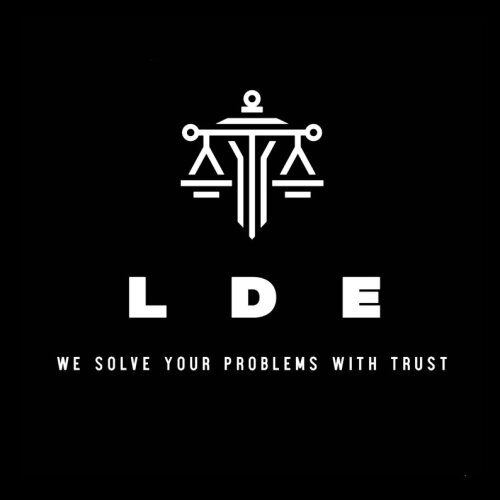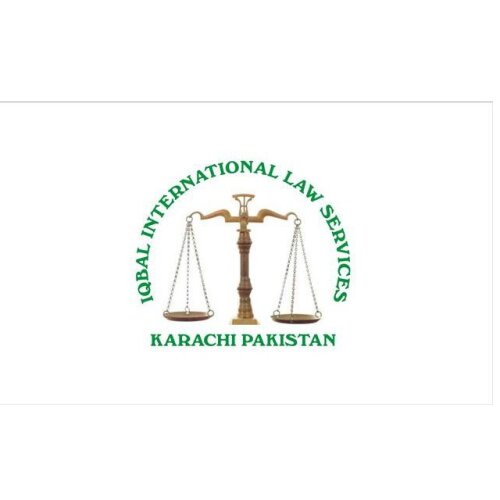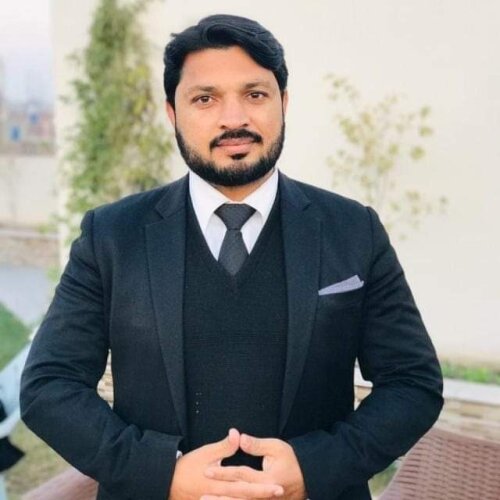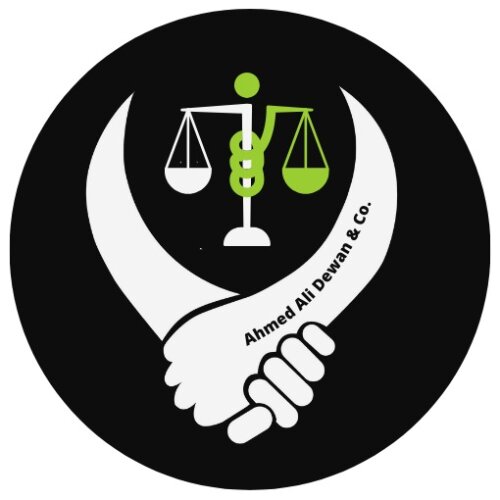Best Same Sex & LGBT Lawyers in Pakistan
Share your needs with us, get contacted by law firms.
Free. Takes 2 min.
Free Guide to Hiring a Family Lawyer
Or refine your search by selecting a city:
List of the best lawyers in Pakistan
About Same Sex & LGBT Law in Pakistan
In Pakistan, the legal landscape for Same Sex & LGBT individuals is complex and challenging. The country's legal system, heavily influenced by Islamic law, criminalizes same-sex relationships under Section 377 of the Pakistan Penal Code, which prohibits "carnal intercourse against the order of nature." Moreover, societal attitudes towards the LGBT community are often conservative, resulting in widespread discrimination and marginalization. Despite this, there are emerging conversations, particularly among younger generations and human rights groups, advocating for broader acceptance and legal reform. It's crucial for individuals within the LGBT community to be aware of their legal rights and resources available to them.
Why You May Need a Lawyer
Individuals in the LGBT community in Pakistan may require legal assistance for several reasons. For instance, those facing criminal charges under existing laws may need defense representation. Others might seek legal advice for protection against discrimination in workplaces, educational institutions, or healthcare settings. Additionally, organizations or individuals working for LGBT rights may require legal counsel to ensure their activities comply with national laws while advocating for change. Victims of hate crimes or harassment might also need legal support to seek justice and hold perpetrators accountable.
Local Laws Overview
The legal framework in Pakistan does not recognize same-sex marriages or partnerships. Section 377 of the Pakistan Penal Code makes homosexual acts punishable by up to life imprisonment. The Transgender Persons (Protection of Rights) Act 2018 is a notable exception, as it grants fundamental rights to transgender individuals, allowing them to self-identify their gender and protecting them from discrimination. However, enforcement of this act remains inconsistent, reflecting the societal challenges and lack of awareness regarding LGBT issues. Various human rights organizations continue to advocate for reform and better protection for the LGBT community under the law.
Frequently Asked Questions
1. Is homosexuality legal in Pakistan?
No, homosexual activities are criminalized under Section 377 of the Pakistan Penal Code, which is applicable across Pakistan.
2. Can transgender individuals change their legal gender in Pakistan?
Yes, under the Transgender Persons (Protection of Rights) Act 2018, individuals in Pakistan can self-identify their gender, but practical challenges in implementation persist.
3. What protections exist for LGBT individuals against discrimination?
While there is a legal framework protecting transgender individuals from discrimination, there are limited protections specifically for gay, lesbian, or bisexual individuals, making advocacy and legal advice critical in these instances.
4. What should I do if I am facing discrimination at work for being LGBT?
Seek legal advice to understand your rights and potential courses of action. Organizations working for LGBT rights may also provide support and resources.
5. Are there any legal support groups for LGBT people in Pakistan?
Yes, there are several NGOs and advocacy groups dedicated to supporting the LGBT community, offering legal advice, support, and resources.
6. Can I be legally married to my same-sex partner in Pakistan?
No, same-sex marriages are not legally recognized in Pakistan.
7. What legal steps can be taken if someone is a victim of a hate crime?
Victims should report the incident to law enforcement and seek legal counsel to ensure proper representation and justice.
8. How can I legally advocate for LGBT rights in Pakistan?
Working through registered NGOs, aligning with human rights organizations, and engaging in lawful advocacy activities are ways to promote LGBT rights legally.
9. Are there safe spaces for LGBT individuals in Pakistan?
While safe spaces are limited and often informal, private support groups and online communities can provide support and camaraderie.
10. How is the Transgender Persons (Protection of Rights) Act enforced?
Though the act exists, its enforcement is inconsistent. Legal advocacy is often required to ensure rights are upheld.
Additional Resources
Individuals seeking assistance or more information can consult with national and international human rights organizations, LGBT advocacy groups, and legal aid services. Organizations like Blue Veins, Naz Pakistan, and HRCP (Human Rights Commission of Pakistan) are active in advocating for LGBT rights and providing resources and support.
Next Steps
If you're seeking legal assistance in relation to Same Sex & LGBT issues in Pakistan, consider contacting a lawyer with experience in human rights and LGBT issues. Research and reach out to advocacy organizations that can provide guidance and support. It's essential to be informed about your rights and the legal framework to make the best decisions for your situation. Additionally, gather any relevant documentation or evidence if you are facing legal challenges, as this will be important for your legal representation.
Lawzana helps you find the best lawyers and law firms in Pakistan through a curated and pre-screened list of qualified legal professionals. Our platform offers rankings and detailed profiles of attorneys and law firms, allowing you to compare based on practice areas, including Same Sex & LGBT, experience, and client feedback.
Each profile includes a description of the firm's areas of practice, client reviews, team members and partners, year of establishment, spoken languages, office locations, contact information, social media presence, and any published articles or resources. Most firms on our platform speak English and are experienced in both local and international legal matters.
Get a quote from top-rated law firms in Pakistan — quickly, securely, and without unnecessary hassle.
Disclaimer:
The information provided on this page is for general informational purposes only and does not constitute legal advice. While we strive to ensure the accuracy and relevance of the content, legal information may change over time, and interpretations of the law can vary. You should always consult with a qualified legal professional for advice specific to your situation.
We disclaim all liability for actions taken or not taken based on the content of this page. If you believe any information is incorrect or outdated, please contact us, and we will review and update it where appropriate.
Browse same sex & lgbt law firms by city in Pakistan
Refine your search by selecting a city.

















